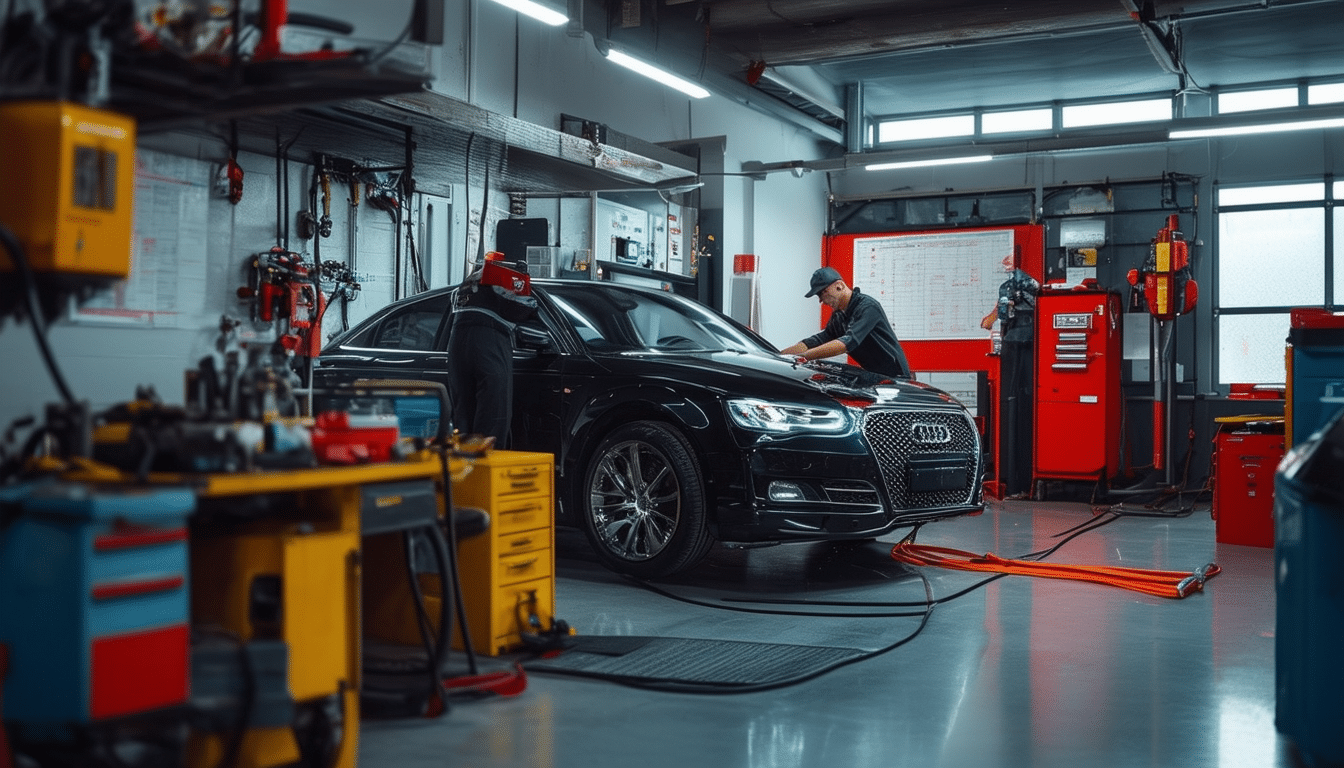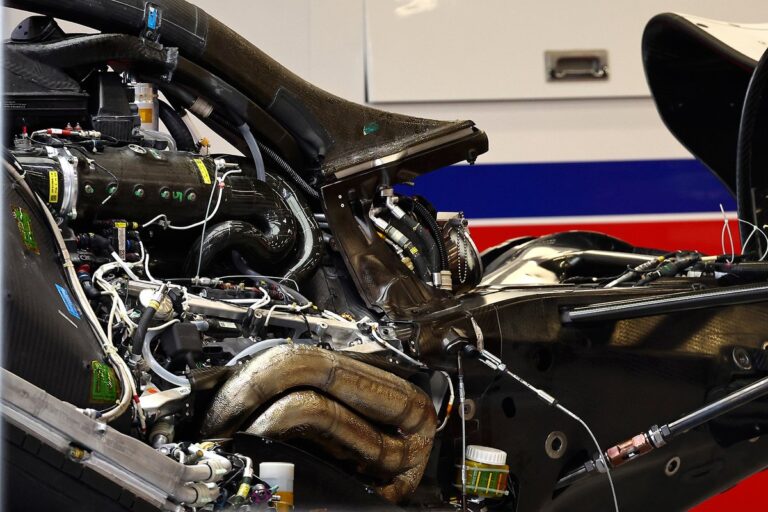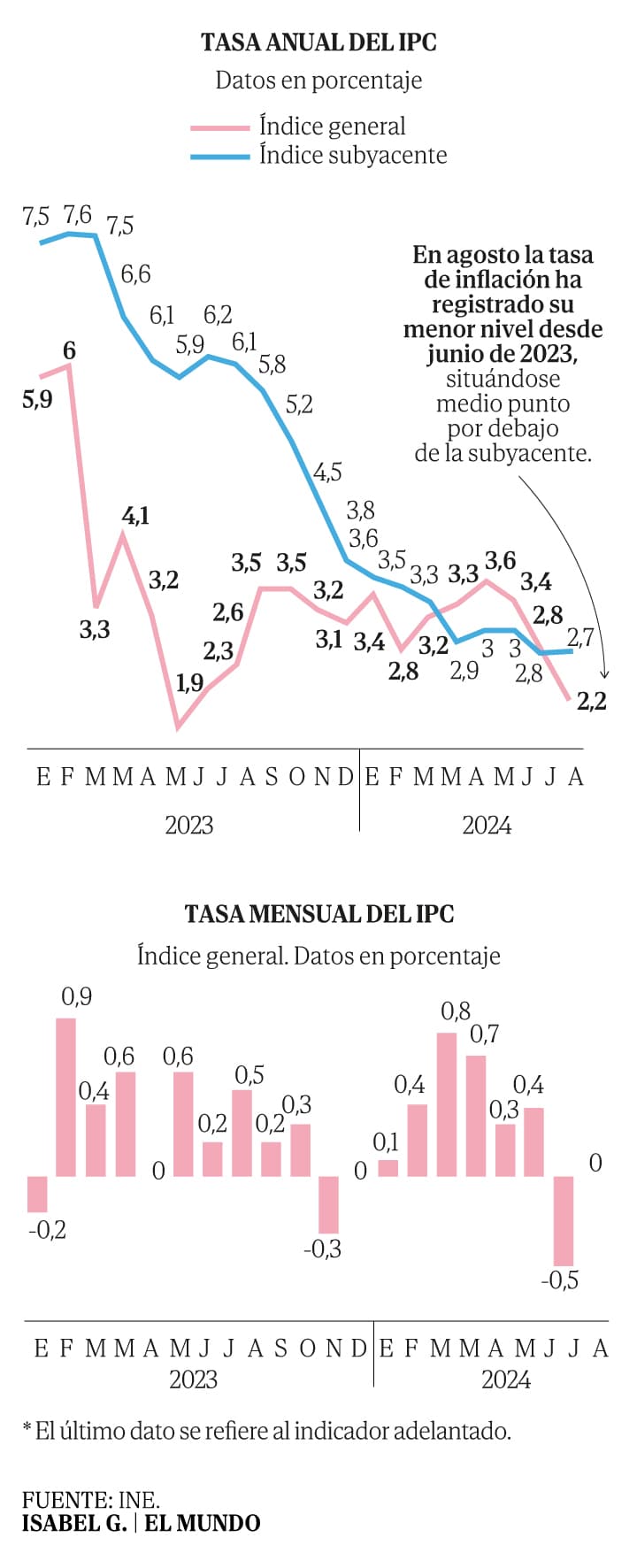Ahorrar combustible: the relationship between maintenance and efficiency

The energy efficiency of a vehicle is intrinsically related to its maintenance. Proper care of mechanical parts and systems not only ensures good performance but also contributes to reducing fuel consumption. Common issues like low tire pressure, an unadjusted engine, or dirty filters can increase gasoline expenses, adversely affecting both the pocket and the environment. Therefore, understanding how maintenance can optimize the functioning of the car is crucial for any driver.
Proper maintenance of a vehicle is essential to maximize fuel efficiency and, consequently, reduce unnecessary expenses. A series of regular practices and inspections not only ensure the correct functioning of the car’s components but also prevent problems that could lead to an increase in fuel consumption. This article explores how maintenance influences fuel savings and offers practical tips for keeping your vehicle in optimal condition.
Importance of preventive maintenance
Preventive maintenance is crucial to avoiding serious problems that could result in higher fuel expenses. Keeping the engine maintained, checking the filters, and ensuring that the exhaust system is in good condition are vital aspects that help optimize vehicle performance. A well-tuned engine consumes less fuel, while an unadjusted engine can increase consumption by 2% or more.
Optimizing the use of vehicle systems
Systems like air conditioning can have a considerable impact on fuel consumption. Leaving the air conditioning on unnecessarily can increase fuel consumption by 10% to 20%. Therefore, it is important to optimize its use and only resort to it when strictly necessary.
Influence of tires on fuel efficiency
Tires also play an important role in fuel consumption. Properly inflated tires can significantly improve efficiency. It is advisable to check tire pressure regularly, as improper inflation can increase resistance and, therefore, fuel consumption.
Driving habits that improve savings
Adopting a more efficient driving style can also lead to significant fuel savings. Avoiding rapid accelerations, sudden braking, and driving at high revolutions are habits that help reduce consumption by up to 15%. Maintaining a constant speed and using higher gears at low revolutions is another effective strategy.
Oil and filter maintenance
A regular change of oil and filters is vital for the efficient functioning of the engine. Clean oil lubricates properly and reduces friction, improving performance and, consequently, fuel consumption. Ignoring this maintenance can lead to premature wear and higher consumption.
Contribution of technology to fuel savings
Technological innovations in modern cars have also facilitated improvements in energy efficiency. Direct injection systems and hybrid engines offer alternatives that, alongside proper maintenance, can result in lower fuel consumption. Moreover, using appropriate fuels is also relevant; consulting this link can provide more information on the subject.
Practical tips for efficient maintenance
Conducting maintenance checks regularly is fundamental. This includes everything from checking the brakes to the condition of the shock absorbers. Each component of a vehicle has an impact on its overall efficiency. For more practical tips on how to keep your car in optimal condition, check this article.
Handling mechanical issues
Identifying and addressing mechanical problems promptly can prevent an increase in fuel consumption. For example, if there are issues with the power steering, acting quickly is essential. You can consult this link for more details on how to handle such situations.
Conclusion
Proper maintenance not only extends the vehicle’s lifespan but also results in more efficient fuel consumption. Whether through regular review of systems, adopting efficient driving habits, or maintaining essential parts like tires and oil, every action contributes to savings and sustainability.
Proper maintenance of a vehicle is fundamental to optimizing its energy efficiency. A well-cared-for car not only performs better but also consumes less fuel. Ignoring periodic reviews, such as oil changes or checking tire pressure, can affect engine performance, which in turn increases gasoline expenses.
The relationship between maintenance and fuel consumption is clear. A vehicle that operates with systems in perfect condition allows the driver to avoid an increase in consumption of up to 2% or more. Additionally, factors such as the proper use of air conditioning can influence energy expenditure; it is estimated that using it unnecessarily can increase consumption between 10% and 20%.
Efficient driving also plays a crucial role. Avoiding sudden accelerations and abrupt stops not only contributes to safer driving but can also reduce fuel consumption by up to 15%. Adopting driving habits that include using higher gears and maintaining a constant speed can be very helpful.
On the other hand, the condition of the tires is essential. Keeping them properly inflated and in good condition can result in significant fuel savings. Regular and preventive maintenance ensures that all vehicle components are functioning at their best, benefiting not only fuel economy but also the lifespan of the car.





